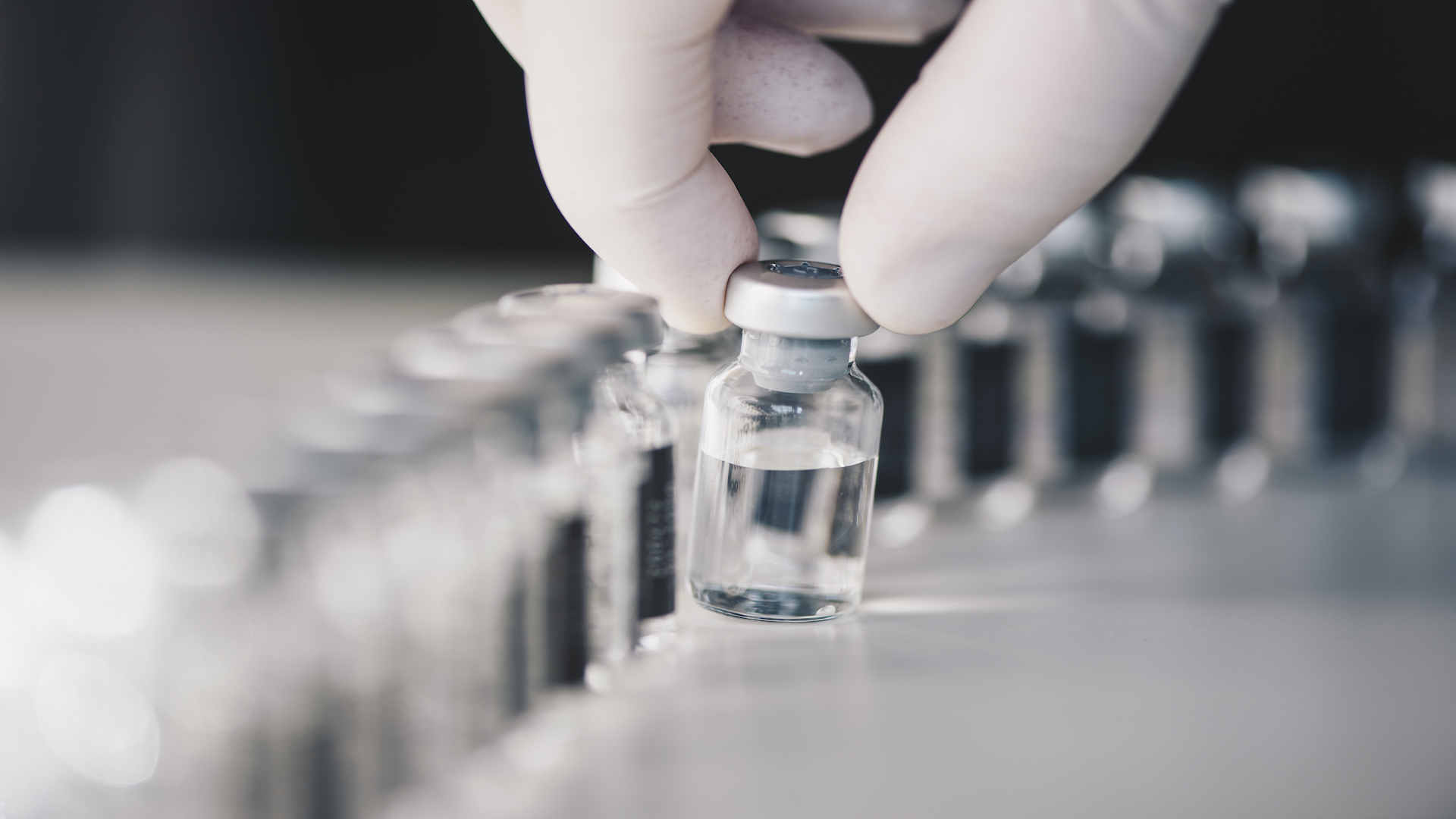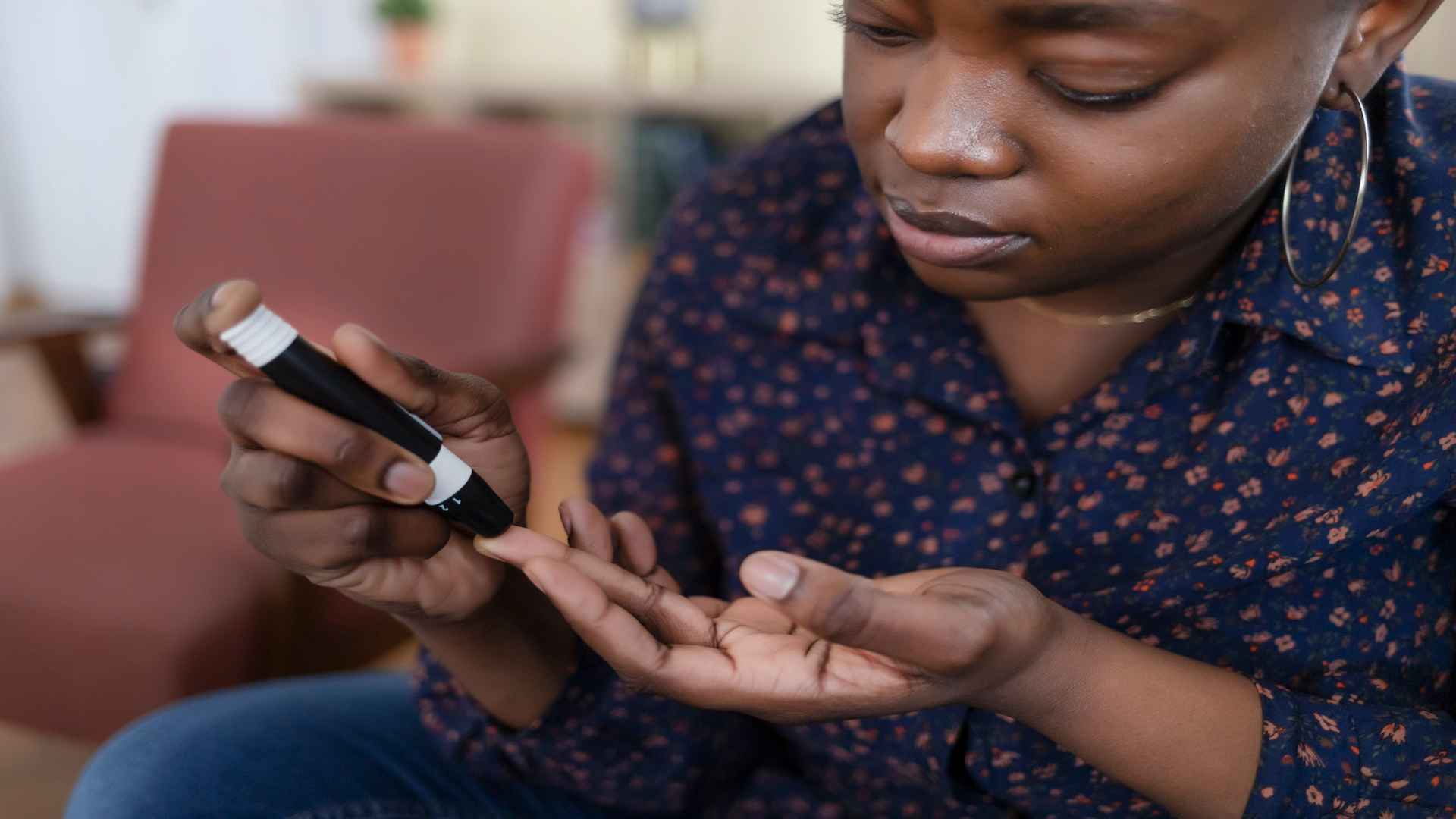Plus, the biggest driver of employer health costs | Wednesday, August 24, 2022
| | | | | | | Presented By PhRMA | | | | Axios Vitals | | By Tina Reed · Aug 24, 2022 | | Good morning, Vitals readers. Today's newsletter is 997 words or a 4-minute read. 🚨 Situational awareness: A federal judge in Texas agreed to block HHS from enforcing its July guidance which told providers who perform abortions in emergencies they are protected under the federal law known as EMTALA. | | | | | | 1 big thing: New drug pricing law puts cancer drugs in the spotlight |  | | | Illustration: Aïda Amer/Axios | | | | Democrats' new drug pricing law will likely deliver a financial blow to one of the fastest-growing and most lucrative segments of the pharmaceutical industry: cancer drugs, Axios' Caitlin Owens and Victoria Knight write. Why it matters: The drug industry argues the new law will keep oncology treatments from reaching some patients who need them. - But experts say the current system lets companies profit from developing drugs that yield only incremental advances — and that cancer drugs will still be valuable enough for companies to pursue.
The big picture: The dispute over how Medicare drug price negotiations affect cancer care is a microcosm of a larger debate, in which the pharmaceutical industry argues that price controls will reduce their incentive to bring new drugs to market. - But the cancer market is unique, both in terms of its recent growth trajectory and in how drugs' uses typically evolve once they're already on the market.
What they're saying: Research on cancer drugs after initial approval "will be gutted by this bill," Stephen Ubl, CEO of PhRMA, wrote in an Aug. 4 letter to Congress. - The other side: Some experts dismiss the industry's concerns as fear mongering, countering that expanding the market for a particular oncology drug will still be more than profitable enough to justify R&D costs.
The bottom line: Capping the price of a new drug after a certain amount of time "certainly does decrease the incentive of a manufacturer to pursue different indications, because functionally they have significantly less revenue per unit," said Avalere Health's Massey Whorley. - But a decreased incentive isn't the same as no incentive.
- "What the calculus then shifts to ... is it going to continue to allow them to fully recoup their costs of pursuing a new indication," Whorley added.
Go deeper. |     | | | | | | 2. Cancer top driver of employer health costs | | Cancer care has become the top driver of large employers' health care costs due to an increase in late-stage diagnoses, according to a new survey from the Business Group on Health. Why it matters: It's one of the early signs of how deferred care during the pandemic is resulting in more complex and resource-intensive cases. After actual health costs stayed flat from 2019 to 2020, employers saw a median 2021 increase of 8.2%. - In the survey of 135 large employers across varied sectors who cover more than 18 million people in the U.S., 13% of companies said they have already seen more late-stage cancers.
- Another 44% said they anticipate seeing an increase in the future because of those pandemic-related delays.
- Musculoskeletal conditions and cardiovascular disease are also among the top cost drivers.
- Employers indicated the leading health-related impact of the pandemic is long-term mental health concerns among their workforce with about 43% already observing the trend and another 39% anticipating such increases.
What else: Despite the increased costs, employers are reluctant to shift costs to employees in the short-term and are instead looking at delivery system reforms such as advanced primary care and the use of centers of excellence to curb costs. |     | | | | | | 3. Social media misinformation hits 988 |  | | | Illustration: Allie Carl/Axios | | | | The new 988 number for the national mental health hotline was supposed to be as easy to remember in an emergency as calling 911. - But that similarity may also be inspiring misinformation to proliferate on social media, experts say.
Driving the news: In the month since it launched, 988 has become subject to a number of widely circulated claims to discourage people from calling, including that it will result in police response to mental health calls. The way people dubbed the number the 911 for mental health sowed confusion and fear, Hannah Wesolowski, chief advocacy officer for the National Alliance on Mental Illness told Axios. - "What happens when you call 911? Emergency services are dispatched," she said. "But 988 is different. Trained crisis counselors are answering the phone and they can resolve the vast majority of crises on the phone."
- What's more, she said, claims that 988 can geolocate callers are also untrue since calls are routed to community services based on the caller's area code.
The big picture: The Substance Abuse and Mental Health Services Administration said call centers saw a 45% spike nationwide in the first week 988 was launched. - It's not released call volumes since the launch, but reports nationwide indicate call volumes have since normalized, Wesolowski said.
|     | | | | | | A message from PhRMA | | Improving access to life-saving medicine | | |  | | | | Insurance companies and PBMs don't pay full price for insulin. So why do patients? Rebates, discounts and other payments from manufacturers lower the cost of insulins by more than 80% on average — but insurers and PBMs usually don't share these discounts directly with patients. Stand up for patients. | | | | | | 4. Moderna seeks FDA OK for updated COVID shot |  | | | Illustration: Sarah Grillo/Axios | | | | Moderna announced yesterday that it requested emergency authorization for its updated COVID-19 vaccine from the FDA, Axios' Sareen Habeshian writes. - Doses of the updated vaccine, which better targets new coronavirus variants, will be ready to ship next month if the FDA grants clearance, according to a Moderna news release.
Why it matters: It comes just a day after Pfizer and BioNTech similarly announced that they applied for FDA emergency use authorization for their new booster dose. Be smart: The Biden administration is seeking to launch a booster campaign shortly after Labor Day, the New York Times reports. - Peter Marks, the top vaccine regulator for the FDA, said his team was close to authorizing the updated doses, saying he was "extremely confident" the doses would be safe and effective, per the Times.
- The CDC has scheduled a meeting for its vaccine advisory panel for Sept. 1 and 2.
|     | | | | | | 5. Catch up quick |  | | | A drone carries human tissue from one hospital in Belgium to another for analysis on Tuesday, a first in Europe that could save valuable time during surgery. Photo: Kenzo Tripboulliard/AFP via Getty Images | | | | 💻 Yelp has begun flagging listings for crisis pregnancy centers, identifying the sites as places that provide "limited medical services" in order to distinguish them from abortion clinics. (Insider) 🐓 The H5N1 flu, which spread in both wild birds and poultry, has persisted in the U.S. and Canada this summer when many believed it might peter out, making experts worry it may be here to stay. (Science) 💊 Two clinical trials to test tecovirimat, the monkeypox treatment known as TPOXX, are under way: one at the University of Oxford and one at NIAID in collaboration with the AIDS Clinical Trial Group. (National Institute for Health and Care Research) (ACTG Network) 👉 Despite the FDA ordering hundreds of vape products off the market, an investigation shows companies that make and sell the products are flouting the law — with few consequences. (STAT News) |     | | | | | | A message from PhRMA | | Health savings for patients, not middlemen | | |  | | | | Rebates and discounts from manufacturers lower the cost of insulins by more than 80% on average — but insurers and PBMs usually don't share these savings directly with patients. Next steps: Fix harmful insurance practices and lower out-of-pocket patient costs. Here's what you should know. | | |  | | Why stop here? Let's go Pro. | | | | | | Axios thanks our partners for supporting our newsletters. If you're interested in advertising, learn more here.
Sponsorship has no influence on editorial content. Axios, 3100 Clarendon Blvd, Arlington VA 22201 | | | You received this email because you signed up for newsletters from Axios.
Change your preferences or unsubscribe here. | | | Was this email forwarded to you?
Sign up now to get Axios in your inbox. | | | | Follow Axios on social media:    | | | | | |









No comments:
Post a Comment